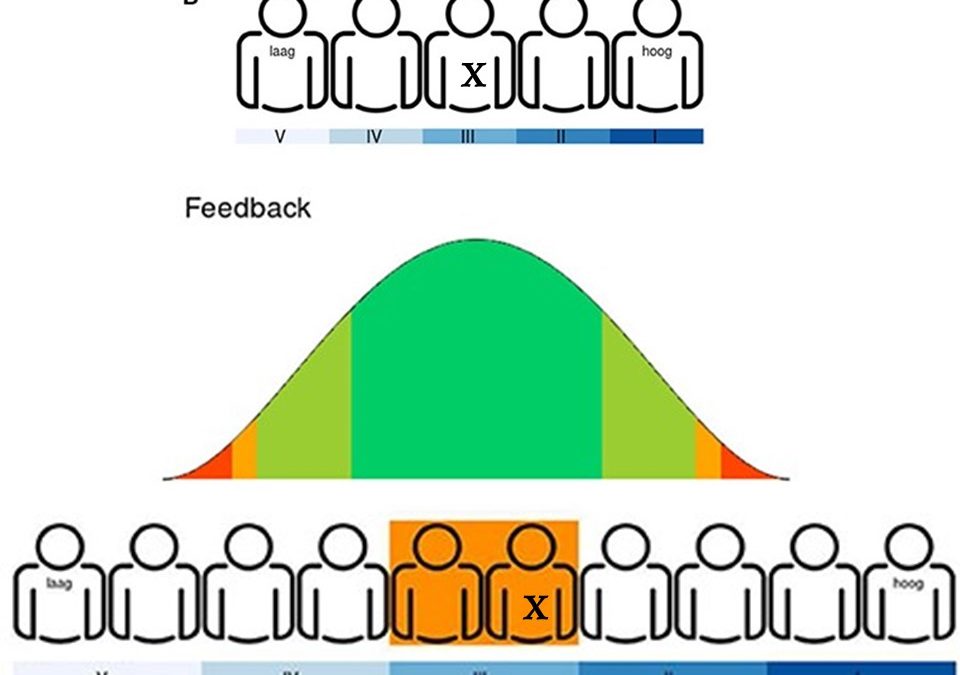Development and Evaluation of a Digital Expert Elicitation Method
Expert elicitation—an approach to systematically consult experts and quantify their insights—has been succesfully applied in fields as risk assessment, health and environmental research. Unfortunately, it has never been used within the Educational sciences, while it offers ample opportunities for educational practice, especially when used to foster the accuracy of teacher judgments; generally referred to as their “diagnostic competence.” The current paper is the first to explore expert elicitation in an educational context and has two major goals. The first goal is to develop a digital expert elicitation method suitable to be used by elementary school teachers for self-reflection purposes. The second goal is to extensively test the expert elicitation method, using a test panel of 24 primary school teachers for 503 pupils in total. Results regarding the development of the elicitation method and its reliability, construct validity, face validity and feasibility are discussed as well as ideas how this elicitation method can be a valuable self-reflection instrument for teachers. The results are promising: all measures of reliability, feasibility, face validity and construct validity show positive results and teachers are enthusiastic about the possibilities of the method.
Lek, K., & Van De Schoot, R. (2018). Development and evaluation of a digital expert elicitation method aimed at fostering elementary school teachers’ diagnostic competence. Frontiers in Education. Frontiers, 3:82. DOI: 10.3389/feduc.2018.00082
All files can be found on https://osf.io/hws4m/
A step-by-step tutorial is in progress
Kimberley works together with Rens on how educational and psychological tests can be improved with new and existing statistical tools. One project focusses, for instance, on how (un)certainty in the test results of individual examinees can be estimated and expressed, to ...



